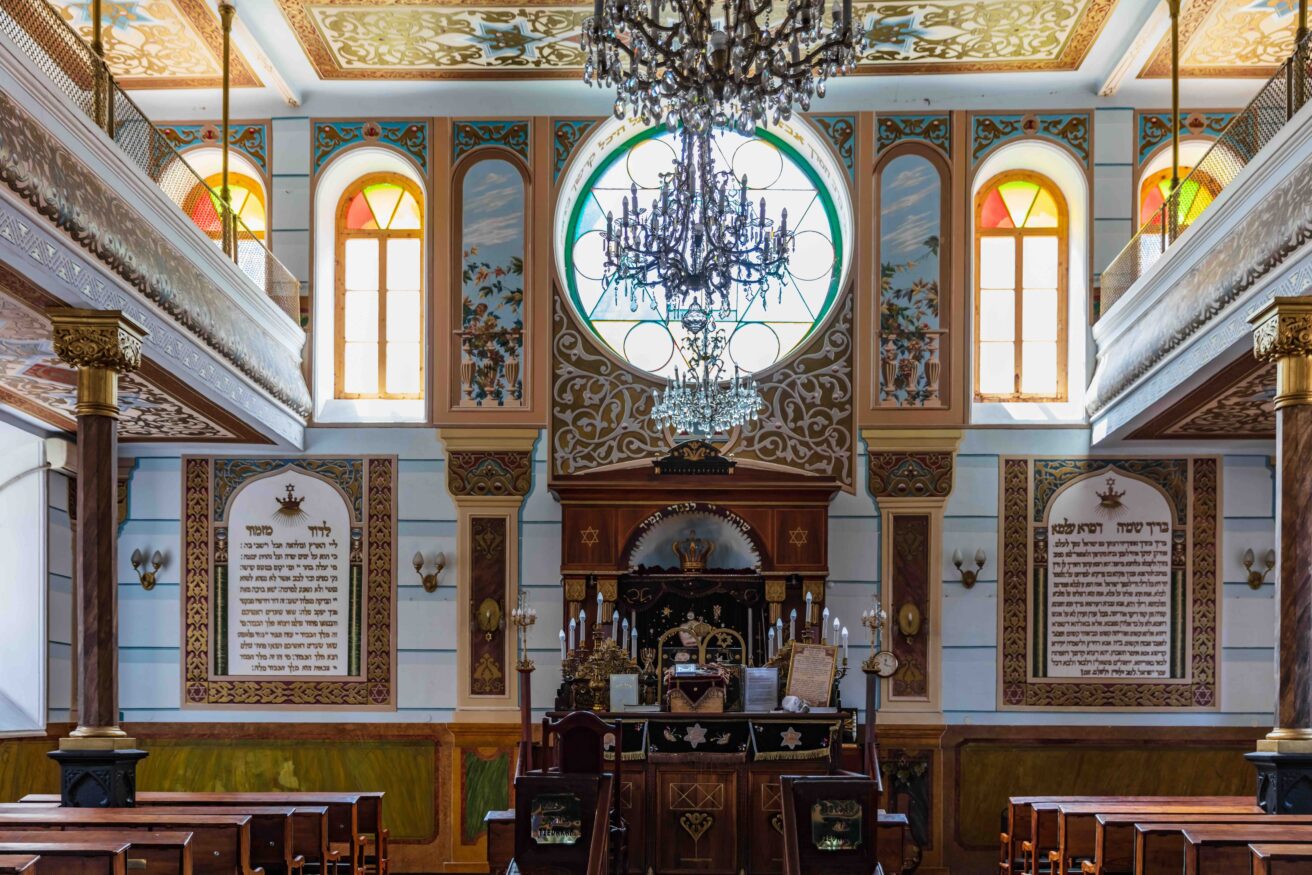Antisemitism in 2025

As someone raised Jewish by tradition, though not observant in a ritual sense, I was always acutely aware of the Holocaust. I often wondered, “How did the world let that happen?” or thought, “That could never happen today.”
And then October 7th happened.
Suddenly, I felt threatened and terrified. As media and social platforms began amplifying voices that glorified antisemitic hate, it seemed as though open antisemitism—blatant Jew hatred—had become acceptable. I quickly realized how much I had relied on a sense of protective naivete. That illusion is now gone, and I feel far more vulnerable.
So what can be done with these feelings?
Community. Community. Community.
I joined The Jewish Therapist Collective | Advocacy & Community, which has been an incredible source of support. I’ve also become more engaged with a local synagogue whenever time allows. Through my work at Intent Clinical, I’m privileged to facilitate a Jewish/Israeli check-in group for one of our employer services clients. It’s a space where we can speak candidly and constructively about the issues we face.
I remain open to a wide range of viewpoints and intentionally curate my news from diverse sources to gain a more complete perspective—especially when it comes to conversations about Israel, antisemitism, and Jewish identity.
Still, life has changed permanently.
I carry a heightened awareness of my safety, my surroundings, and the contexts in which I feel secure—or don’t. I’ve also begun supporting advocacy efforts that aim to advance accurate education around antisemitism. I actively support organizations like the Anti-Defamation League (ADL) and the American Jewish Committee (AJC), both of which are leading voices in the fight against antisemitism.
As with any marginalized community, there are no easy answers. But it’s been a deeply illuminating and ongoing journey.
